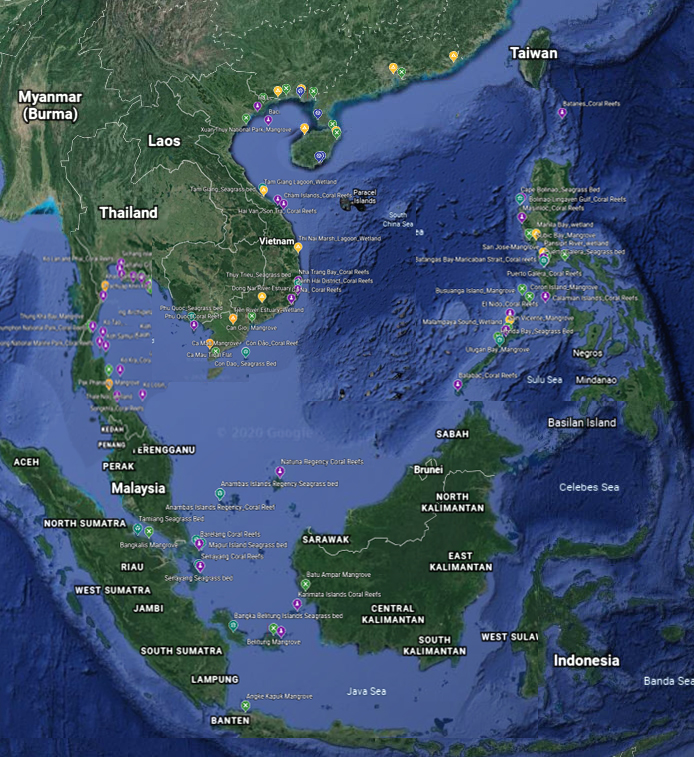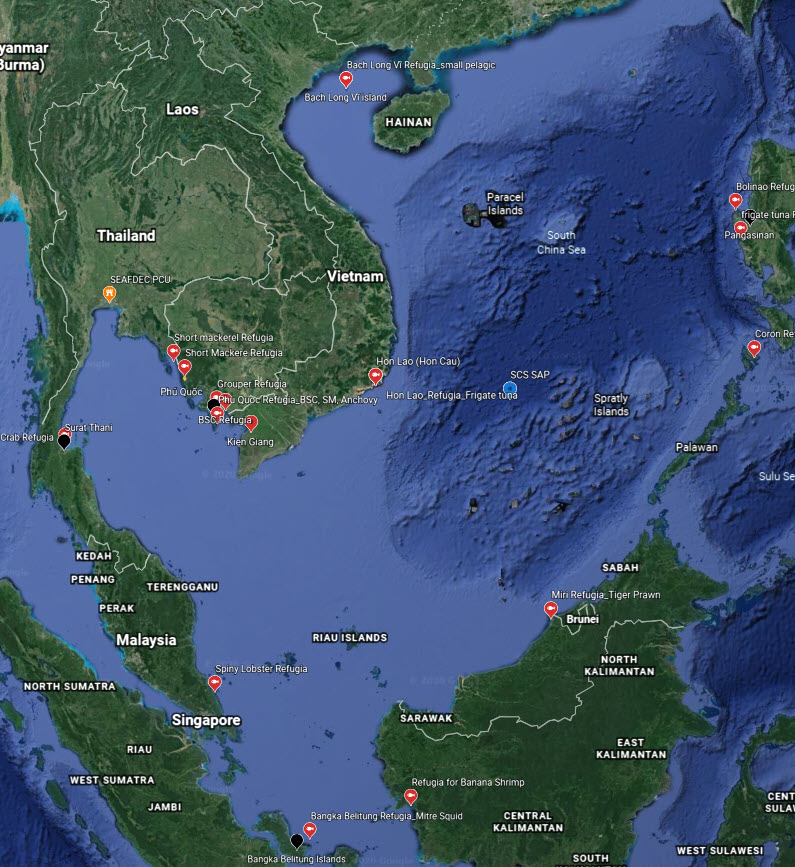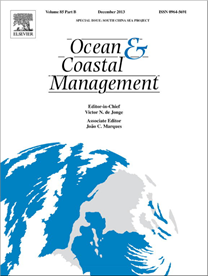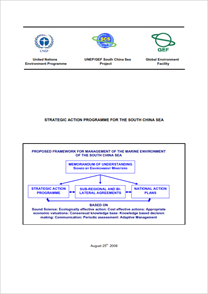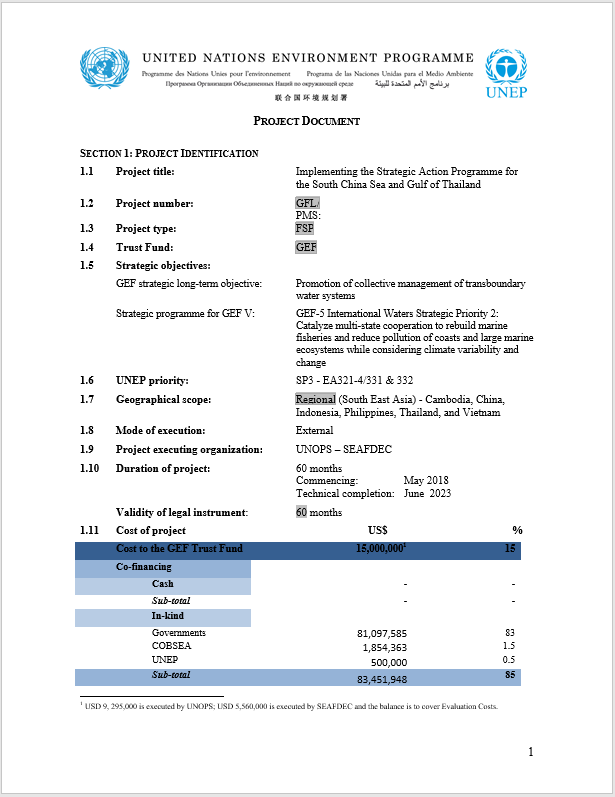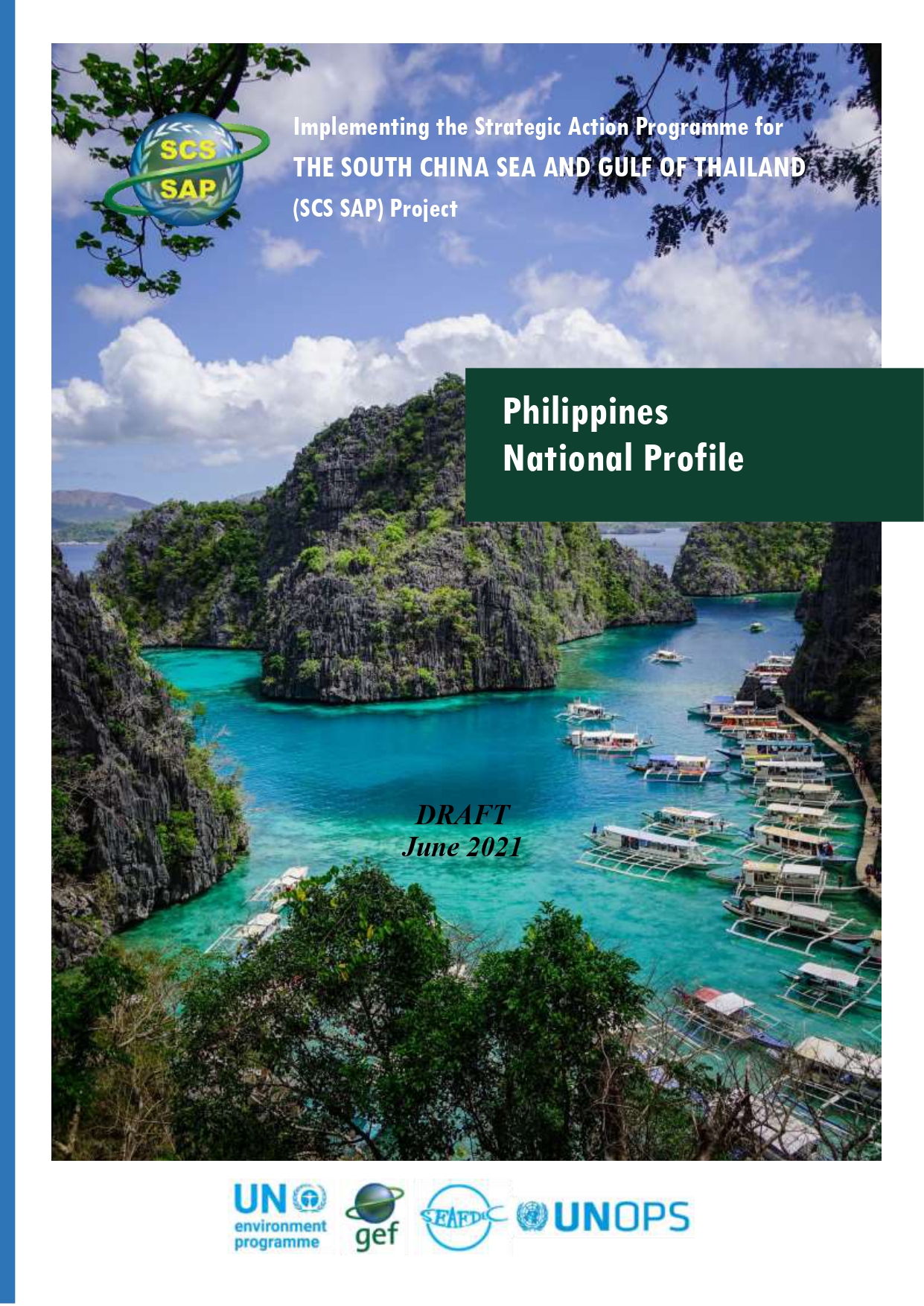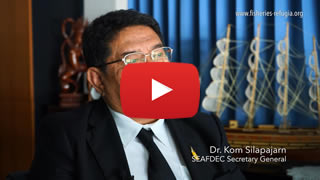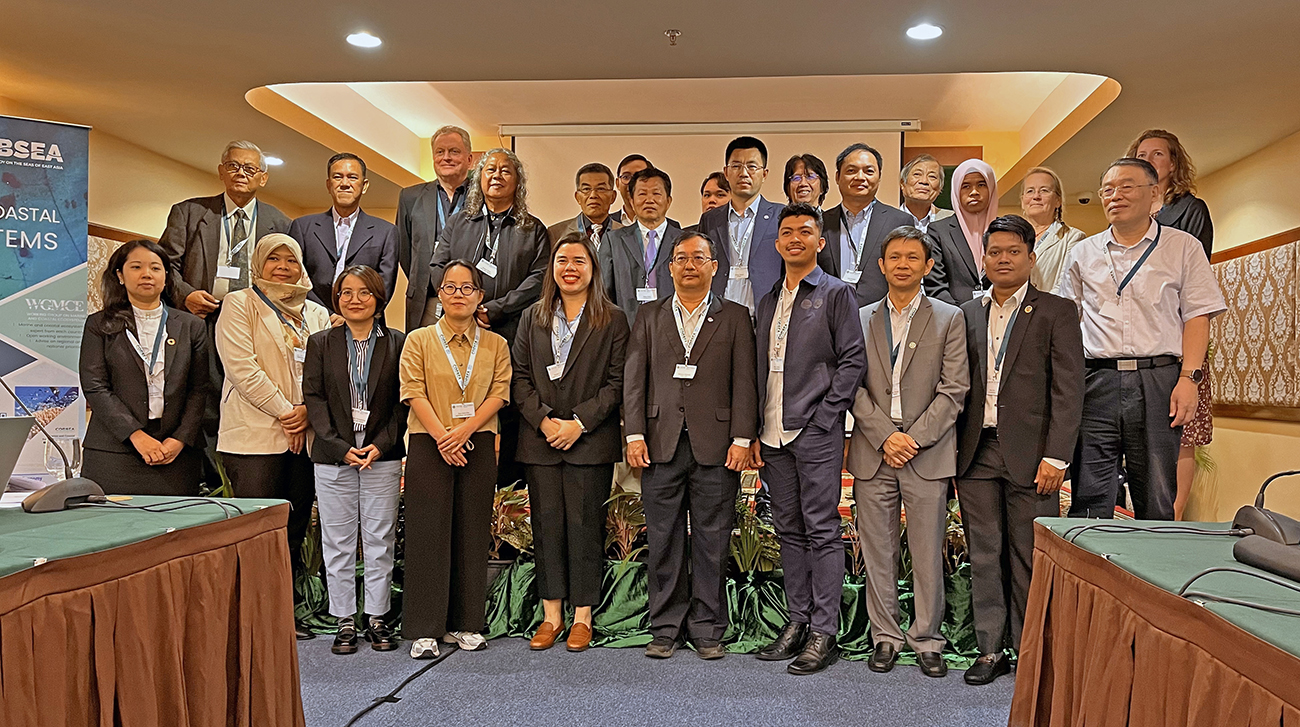COBSEA nations convene for stronger marine and coastal ecosystem management
Siem Reap, Cambodia – The Coordinating Body on the Seas of East Asia (COBSEA) convened its Working Group on Marine and Coastal Ecosystems in Siem Reap, Cambodia, on 21-22 October 2024. Representatives from the nine COBSEA member countries – Cambodia, China, Indonesia, the Republic of Korea, Malaysia, the Philippines, Singapore, Thailand, and Vietnam – gathered to address pressing challenges facing the region's vital marine environments. The meeting facilitated the sharing of national updates and progress, aiming to advance collaborative solutions outlined in the Marine and Coastal Ecosystems (MCE) Framework adopted by COBSEA in 2023.
A central theme of the meeting was the importance of adopting an integrated approach to coastal management. Recognizing the interconnectedness of marine habitats, participants emphasized the need to manage mangroves, seagrass beds, and coral reefs as a cohesive whole, maximizing the benefits of ecological synergies.
Strategic collaboration in tackling the triple planetary crises in the East Asian Seas region
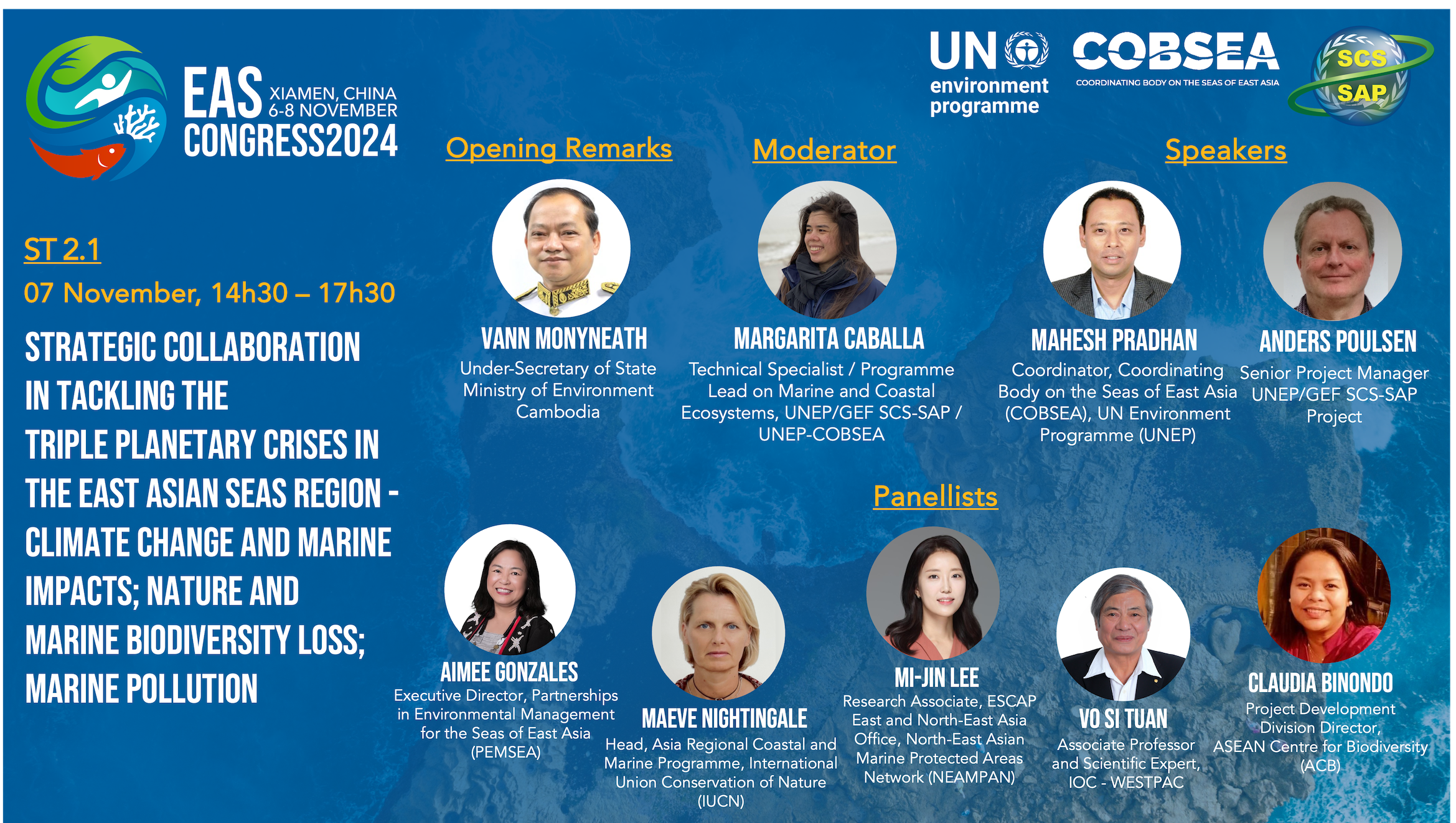
The SCS SAP Project and the UNEP Coordinating Body on the Seas of East Asia (COBSEA) will convene a session on "Strategic Collaboration in Tackling the Triple Planetary Crises in the East Asian Seas Region: Climate Change and Marine Impacts; Nature and Marine Biodiversity Loss; Marine Pollution" on 7 November 2024 at the PEMSEA EAS Congress 2024 in Xiamen, China. The session objective is to encourage collaborative efforts amongst regional marine organizations in the East Asian Seas to address the triple planetary crises.
Aside from SCS SAP Project and COBSEA, key regional organizations like PEMSEA, IUCN, UNESCO/IOC-WESTPAC, NEAMPAN and ACB will share their experiences, thoughts and insights on collaborative efforts and approaches and how these could transform into a strategic partnership. For more details, please visit the EAS Congress 2024.
2nd Meeting of the Regional Scientific and Technical Committee
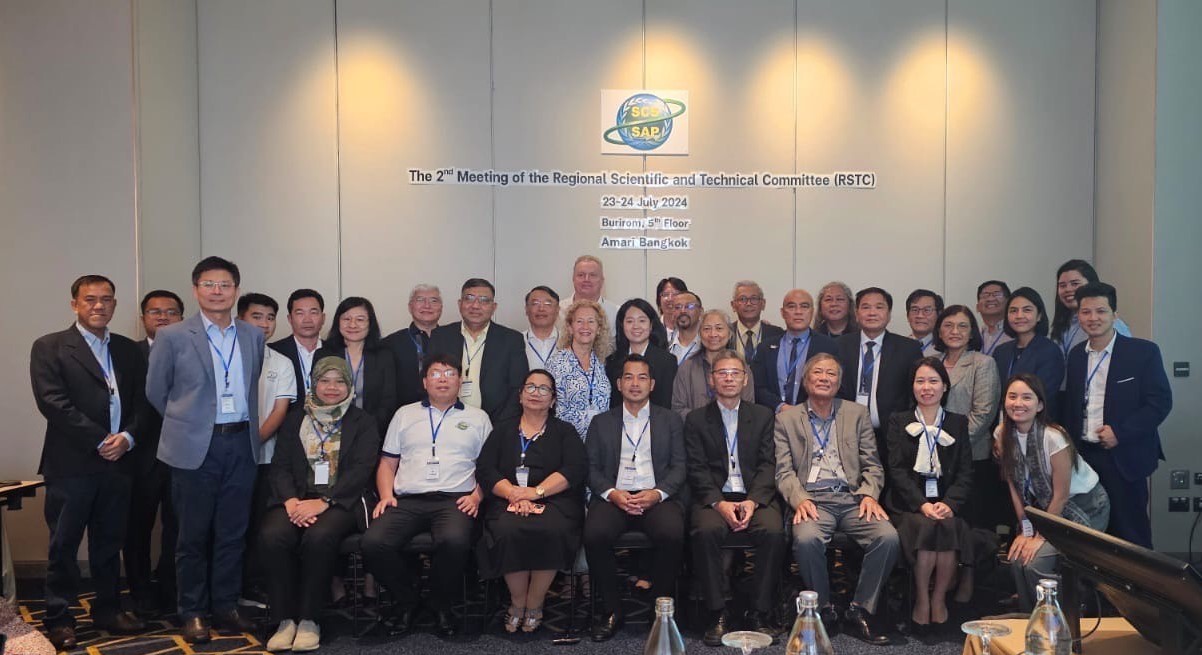
The 2nd Meeting of the Regional Scientific and Technical Committee (RSTC) was held on 23-25 July 2024 in Bangkok, Thailand, with participation from National Technical Focal Points and Technical Staff from Cambodia, China, Indonesia, Philippines, Thailand, and Vietnam, together with Regional Working Group (RWG) chairpersons, regional experts, regional partners, and with support by the National Coordinators and Project Coordination Unit. The meeting was also attended by Ms. Isabelle Vanderbeck, UNEP Task Manager, and Mr. Anders Poulsen, Senior Project Manager of the SCS SAP Project. During the meeting, the process for updating of the Transboundary Diagnostic Analysis (TDA) and Strategic Action Programme (SAP) and the potentials for regional data and knowledge management processes for the South China Sea and Gulf of Thailand were discussed. The updated TDA and SAP, as well as effective regional knowledge management processes, are considered key outcomes of the SCS-SAP project, and can be used by SCS countries - and the region as a whole - to mobilize future support for multiple national commitments related to climate, biodiversity and the Sustainable Development Goals by 2030 and beyond.
Harnessing science for the South China Sea and Gulf of Thailand: Special Forum highlights solutions for improved management
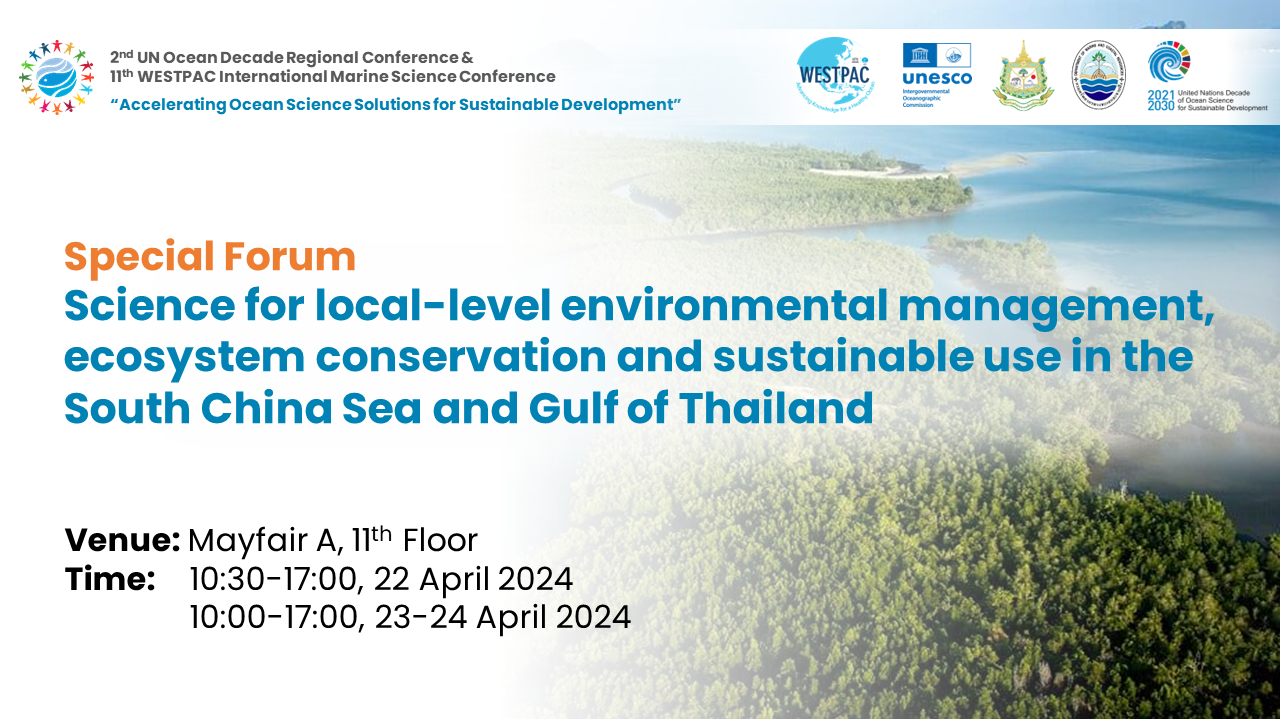 BANGKOK, 22 April 2024 — A critical forum kicks off today at the 2nd UN Ocean Decade Regional Conference and 11th WESTPAC International Marine Science Conference focusing on science-driven strategies for managing and preserving the rich ecosystems of the South China Sea and Gulf of Thailand and will run until 24 April at the Berkeley Hotel Pratunam in Bangkok, Thailand. The United Nations Environment Programme (UNEP) and United Nations Office for Project Services (UNOPS), funded by the Global Environment Facility (GEF), will convene the Special Forum that explores how scientific knowledge can translate into tangible environmental improvements.
BANGKOK, 22 April 2024 — A critical forum kicks off today at the 2nd UN Ocean Decade Regional Conference and 11th WESTPAC International Marine Science Conference focusing on science-driven strategies for managing and preserving the rich ecosystems of the South China Sea and Gulf of Thailand and will run until 24 April at the Berkeley Hotel Pratunam in Bangkok, Thailand. The United Nations Environment Programme (UNEP) and United Nations Office for Project Services (UNOPS), funded by the Global Environment Facility (GEF), will convene the Special Forum that explores how scientific knowledge can translate into tangible environmental improvements.
Scientists and representatives from the governments of Cambodia, China, Indonesia, Philippines, Thailand, and Vietnam, who are key stakeholders of the South China Sea and the Gulf of Thailand, as well as lead conservation experts from across the Asia Pacific region will gather to discuss sustainable development in the South China Sea. Over the course of three-days, they will share observations from multiple initiatives that have been conceived to boost the ‘blue economy' in the region’s most affected areas. Discussions will also cover the different challenges being faced by communities and ecosystems along Thailand’s coast, including the impact of tourism on the coral reef ecosystem around Koh Mak Island. Additionally, reports from fishermen operating in overlapping fishing areas and coastal dolphin habitats in the Middle Gulf of Southern Thailand will be presented. Attendees will also learn about reef coral decline and adaptive solutions for coral reef conservation in Nui Chua National Park in Vietnam.
The South China Sea is a biodiversity hotspot under increasing pressure from overexploitation, habitat degradation, and pollution. The Gulf of Thailand and the South China Sea are interconnected large marine ecosystems, sharing water, marine life, and even environmental threats. Their connection means that pollution or habitat loss in one can impact the other, underscoring the need for a unified management approach.
